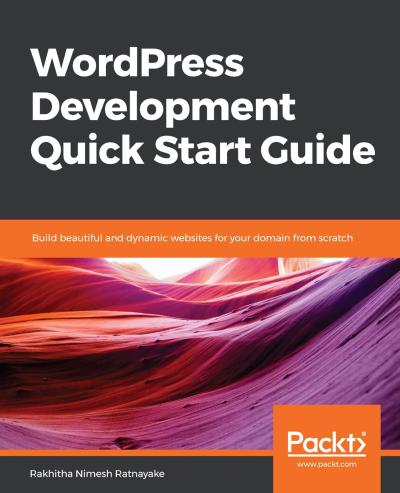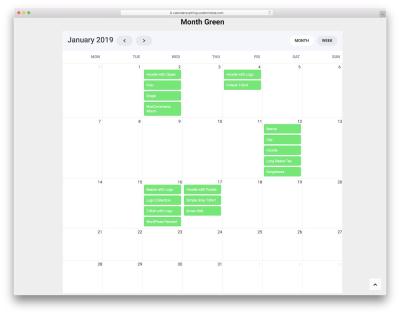Blog Post Age Calculator
Blog Post Age Analysis
Additional Information
Related WordPress Tools
Make your WordPress site a crowd-magnet with these awesome tools for slugs, titles, and more. Get ready to blow your visitors’ minds!
WordPress Slug Generator
Pop out SEO-friendly slugs faster than you can say “top of the search pile.”
WordPress Meta Title Checker
Craft meta titles so clickable they’re like cat videos for search engines.
Blog Title Realness Checker
Create titles so catchy they stick in readers’ heads like a bubblegum pop song.
Ever stumbled upon a blog post and wondered, "Is this info still fresh?" You're not alone. We’ve all been there—reading something that *sounds* helpful, but you just don’t know if it’s still relevant. That’s exactly why we built the Blog Post Age Calculator.
It’s a simple tool. No fluff. Just put in the date the blog post was published, and boom—it tells you how long ago that was. In plain, everyday English. No complicated timestamps, no need for a calendar or doing mental math. It just works.
What Does It Do?
The Blog Post Age Calculator tells you how old a blog post is in a format we all understand. Stuff like:
- “3 years, 2 months ago”
- “1 year, 4 days ago”
- “6 months, 1 week ago”
It breaks it down for you so it makes sense. None of that “Published on 2019-06-15 08:23:56 UTC” nonsense. Just clean, human-readable time.
Why Use It?
Simple question: Does age matter?
Yup. A lot. Especially in the fast-moving world of blogs and content. Here’s why you might care:
- Tech changes fast. A post about SEO tips from 2015? That’s probably OUTDATED now.
- News gets old. A blog post on last year’s trends? You need current info.
- Code breaks. Tutorials from even 2 years ago might not work with the latest version of a language or tool.
So yeah, knowing how old a post is can save you time, energy, and frustration.
What’s the Input?
Just one thing: the publish date of the blog post. That’s it.
Usually, you’ll find it at the top or bottom of the blog post. If it’s missing, that’s shady (don’t trust it!). But if it’s there, copy that date, paste it into the tool, and hit calculate. Done.
What’s the Output?
The tool gives you the result in different ways:
| Format | Example |
|---|---|
| Simple format | “2 years ago” |
| Detailed format | “2 years, 5 months, 12 days ago” |
| Short format | “2y 5m 12d ago” |
| Timestamp format | “Posted on June 10, 2021” |
You choose what works for you. Want a quick glance? Use the short format. Doing a report? Maybe the full detail is better.
Is It Just for Blogs?
Nope.
While it’s called the Blog Post Age Calculator, you can use it for anything with a publish date:
- YouTube video publish dates
- Podcast episodes
- News articles
- Forum posts
- GitHub commits
If you know the date something was published or posted, you can use this tool to see how old it is.
Why We Built It
"We were tired of guessing how old content was. Sometimes the info seemed right, but turned out to be YEARS old."
So we thought, hey, why not build something that just tells you the age in a nice, clean, readable way? So that’s what we did. And people LOVE it.
Fast. Free. Friendly.
There’s nothing to download. No signups. No ads in your face. Just open the page, paste the date, and get your answer. It’s FREE. And it’s fast. And it doesn’t track you or any of that shady stuff. That’s a PROMISE.
Who Is This For?
Anyone who reads stuff online. But if we had to narrow it down:
- Bloggers – Want to see if your own posts are getting old?
- Researchers – Checking if sources are still fresh?
- Readers – Curious if what you’re reading is still relevant?
- SEO people – Date matters, especially for content freshness scores.
- Developers – Tutorials, scripts, and docs age quickly!
Basically: if you read the internet, this tool is for YOU.
What Makes It Different?
We’ve seen other tools, and here’s what we noticed:
- Some give you a time in minutes. Who needs that?
- Some just spit out a date. That’s not helpful.
- Others make you sign up. No thanks.
Ours is clean, readable, and useful. No math. No stress. Just answers.
Want to Try It?
Go here: Blog Post Age Calculator
Try it out on your favorite blog. Maybe even one of your own. You might be surprised how old (or young!) some posts are.
Bonus: How to Spot Outdated Posts
Okay, you’ve got the age of the post. But now what? Is it still useful?
Here are a few things to watch for:
- Broken links – dead links are a red flag
- Old comments – if the last comment is from 2016... yeah, it’s probably old news
- Outdated screenshots – especially in tech blogs
- Version numbers – does it mention jQuery 1.8?
If you see these, double-check the info. Just because a post is old doesn’t mean it’s wrong—but you should verify.
How Often Should You Check?
That’s up to you. But if you’re relying on a post for something important (like building a site or writing a report), it’s worth knowing its age.
Some people check:
- When citing sources
- Before sharing a post
- When updating their own content
Can It Handle Any Date?
Pretty much. As long as it’s a valid date (in most formats), the tool will figure it out. You can enter things like:
- June 15, 2020
- 2022-01-05
- 03/18/2019
If you enter something weird, it’ll just ask you to try again. No biggie.
Give It a Try
Don’t take our word for it. Plug in a date and see how easy it is. You might even end up going down a rabbit hole, checking the age of everything you read. We won’t judge.
Blog Post Age Calculator is one of those tools you didn’t know you needed... until you tried it. And then you wonder how you ever lived without it.
Last Thoughts
The internet is full of content. Some of it’s gold. Some of it’s ancient. This little tool helps you tell the difference. Simple, effective, no drama. That’s what we’re about.
So the next time you wonder, "How old is this blog post?" — don’t guess. Just check.
Use the Blog Post Age Calculator now. It’s quick, free, and honestly… kinda fun.
Latest Insights and Resources

The Ultimate Guide to Building Your WordPress Site from Scratch
Starting a website might seem overwhelming at first, but with WordPress, it’s more accessible than you think. Whether you’re creating […]

Exploring Behestmtl.wordpress.com: A Look at WordPress & Twitter Integration
Welcome to our deep dive into behestmtl.wordpress.com, a vibrant platform that combines the power of WordPress with seamless Twitter integration. […]

How to Embed a Calendar into WordPress for Better Scheduling
Are you looking to make your website more organized and user-friendly? Embedding a calendar into your WordPress site is a […]
